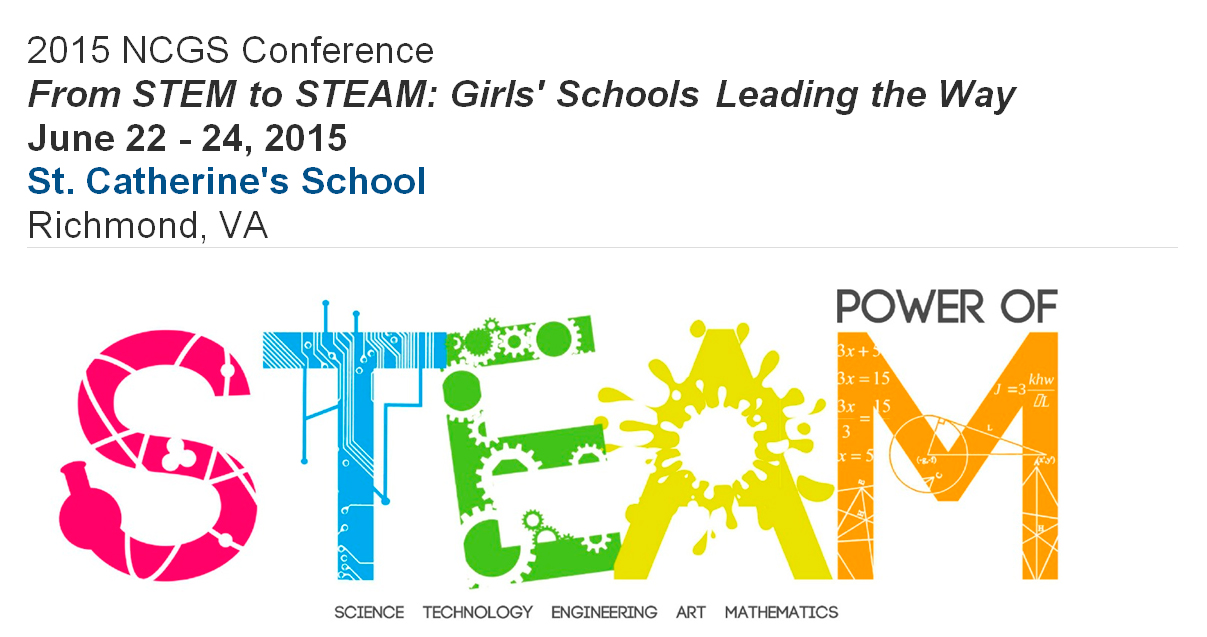
Do single-sex schools enhance students’ STEM outcomes?
Economics of Education Review 62 (2018) 35-47
Do single-sex schools enhance students’ STEM (science, technology, engineering, and mathematics) outcomes?
A research paper by:
Hyunjoon Parka (a), Jere R. Behrmanb (b), Jaesung Choic (c)
(a) Korea Foundation Professor of Sociology, Department of Sociology, University of Pennsylvania, Philadelphia, PA, 19104, USA
(b) William R. Kenan, Jr. Professor of Economics and Sociology, Departments of Economics and Sociology, University of Pennsylvania, Philadelphia, PA, 19104, USA
(c) Department of Global Economics, Sungkyunkwan University, 25-2, Sungkyunkwan-ro, Jongno-gu, Seoul, 03067, South Korea
In many countries, males currently lag behind females in schooling attainment but females are still under-represented in STEM studies. This pattern has raised renewed interest in the potential of single-sex schools for enhancing STEM outcomes. Utilizing the unique setting in Seoul, where assignment to single-sex or coeducational high schools is random, and with multiple years of administrative data from the national college entrance examinations and a longitudinal survey of high school seniors, we assess causal effects of single-sex schools on students’ math test scores and choice of the science-math test. We also assess whether single-sex schools affect students’ interests and self-efficacy in math and science, and expectations and actual choices of a STEM college major in university. We find significantly positive effects of all-boys schools consistently across different STEM outcomes but not for girls. We address one possible mechanism by conducting mediation analysis with the proportion of same-gender math teachers.
You can purchase full text here.



